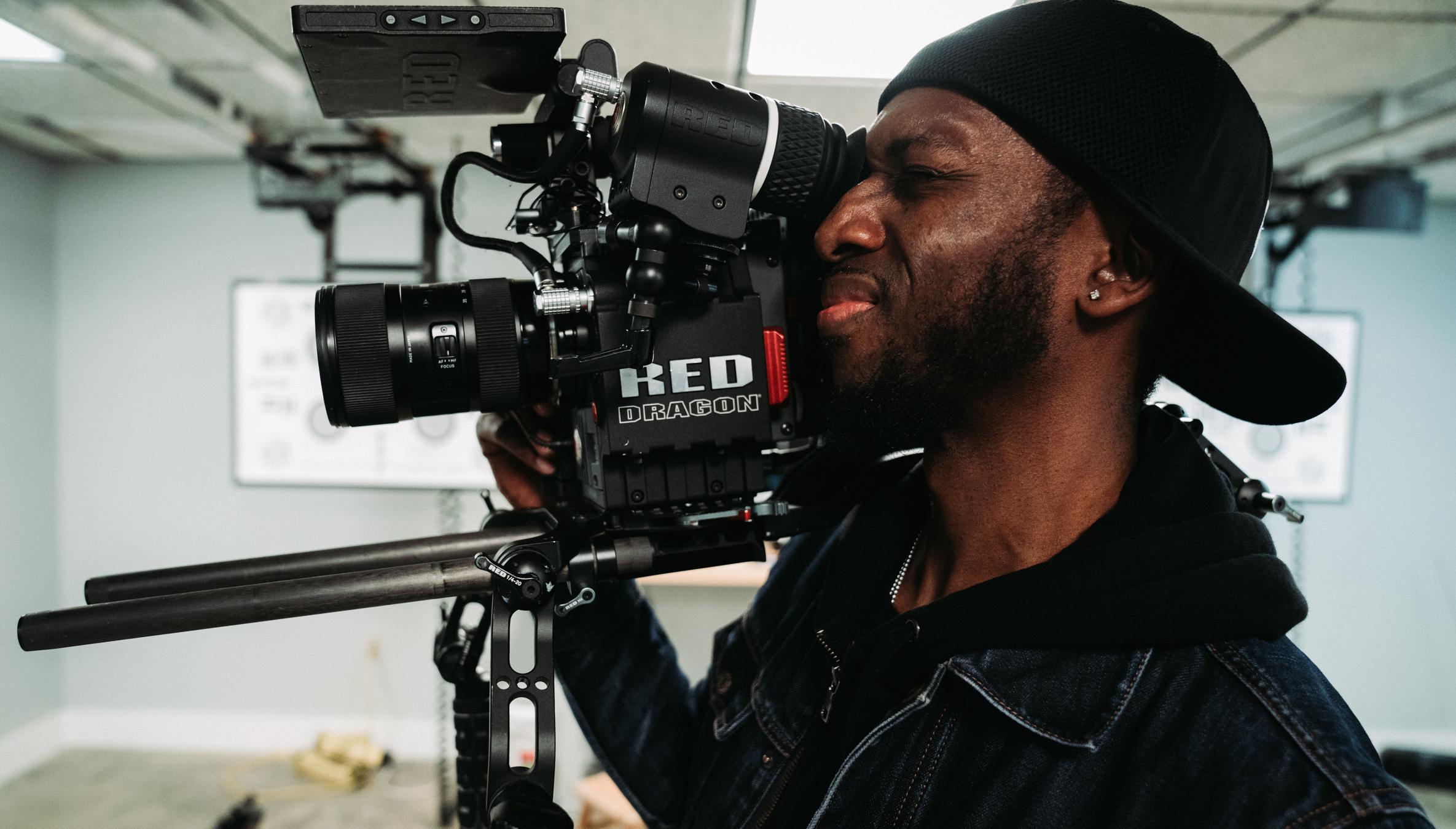
Camera operators play a crucial role in the world of filmmaking and television production. They are responsible for capturing the action and translating the director’s vision into visual storytelling. But there is more to this profession than meets the eye. Camera operators possess a wealth of knowledge and skills that contribute to the success of any project. In this article, we will delve into the intriguing world of camera operators and explore eight fascinating facts about their work. From the technical expertise required to the challenges they face on set, these professionals are an integral part of the entertainment industry. So, let’s dive in and discover what makes camera operators an essential component of any production.
Key Takeaways:
- Camera operators are the unsung heroes behind every great shot in filmmaking. They master composition, collaborate with directors, and capture motion and emotion through their lens, creating visually stunning stories for the audience.
- Camera operators are versatile professionals who stay on top of technology and exercise precision and patience in their work. They are skilled at choosing the right equipment and adjusting their techniques to fit the requirements of different projects.
Behind Every Great Shot
The camera operator is the unsung hero behind every great shot in the world of filmmaking. They are responsible for operating the camera to capture the scenes as directed by the cinematographer.
Master of Composition
A camera operator is skilled in creating visually stunning compositions. They understand the principles of framing, angle, and movement to capture the perfect shot that tells the story effectively.
The Camera Operator’s Toolbox
A camera operator is well-versed in various camera systems, lenses, and accessories. They know how to choose the right equipment for each shot and are proficient in handling different types of cameras.
Versatility is Key
Camera operators are adaptable professionals who can work in various settings, including film sets, television studios, and even outdoor locations. They can adjust their techniques and skills to fit the requirements of different projects.
Collaborating with Directors and Cinematographers
Camera operators work closely with directors and cinematographers to bring their vision to life. They understand the director’s instructions and work collaboratively with the cinematographer to achieve the desired visual style and aesthetic.
Precision and Patience
Camera operators need to exercise precision and patience in their work. They must have a steady hand, excellent focus, and be able to operate the camera smoothly to capture the desired shots accurately.
Staying on Top of Technology
Camera operators must keep up with the latest advancements in camera technology. They need to be familiar with new camera models, software updates, and innovative techniques to ensure they deliver the best results.
Capturing Motion and Emotion
A camera operator has the power to capture motion and emotion through their lens. They are skilled at conveying the mood and atmosphere of a scene through their camera movements, providing a captivating visual experience for the audience.
Conclusion
Being a camera operator is a fascinating and dynamic profession. These professionals play a critical role in capturing stunning visuals and bringing stories to life. From operating cameras on film sets to capturing live events, camera operators have a unique set of skills and knowledge.
Throughout this article, we have explored eight intriguing facts about camera operators. We have delved into their role in enhancing storytelling, the use of different camera techniques and equipment, and the importance of their contribution to the film and entertainment industry.
Whether you are an aspiring camera operator or simply interested in the craft, understanding these facts sheds light on the behind-the-scenes efforts that go into capturing the perfect shot. A camera operator’s expertise and creativity are key in delivering captivating visual experiences for audiences around the world.
FAQs
1. What skills do camera operators need?
Camera operators need a combination of technical skills, such as operating different camera systems and understanding cinematography principles, as well as creative skills, such as composition and framing.
2. How do camera operators capture steady shots?
Camera operators use various tools, such as tripods, stabilizers, and gimbals, to ensure steady shots. They also rely on their body positioning and control to minimize camera shakes.
3. Do camera operators work alone?
Camera operators often work as part of a larger team, collaborating with directors, cinematographers, and other crew members to achieve the desired visual results.
4. Are camera operators responsible for lighting?
No, camera operators typically focus solely on operating the camera and capturing footage. Lighting is typically the responsibility of a separate lighting department.
5. Are there specific qualifications or education required to become a camera operator?
While formal education in cinematography or film production can be beneficial, practical experience and a strong portfolio are often more important. Many camera operators start as camera assistants and work their way up.
6. Can camera operators work in different industries?
Yes, camera operators can work in various industries, including film, television, sports broadcasting, documentary production, and live events.
7. What are some challenges camera operators face?
Camera operators may face challenges such as adverse weather conditions, long hours, physically demanding situations, and maintaining focus and concentration during intense scenes.
8. What is the career outlook for camera operators?
The demand for skilled camera operators is expected to remain steady, with opportunities in the film, television, and digital media industries. However, competition can be fierce, so continuous learning and honing of skills is important for success.
Camera operators possess a unique blend of technical expertise and artistic vision, capturing the world's most stunning visuals. Their skills extend far beyond the lens, as they navigate complex equipment and collaborate with directors to bring stories to life. For those seeking the perfect companion device to enhance their mobile experience, consider exploring the features and capabilities of top-performing Android tablets.
Was this page helpful?
Our commitment to delivering trustworthy and engaging content is at the heart of what we do. Each fact on our site is contributed by real users like you, bringing a wealth of diverse insights and information. To ensure the highest standards of accuracy and reliability, our dedicated editors meticulously review each submission. This process guarantees that the facts we share are not only fascinating but also credible. Trust in our commitment to quality and authenticity as you explore and learn with us.


